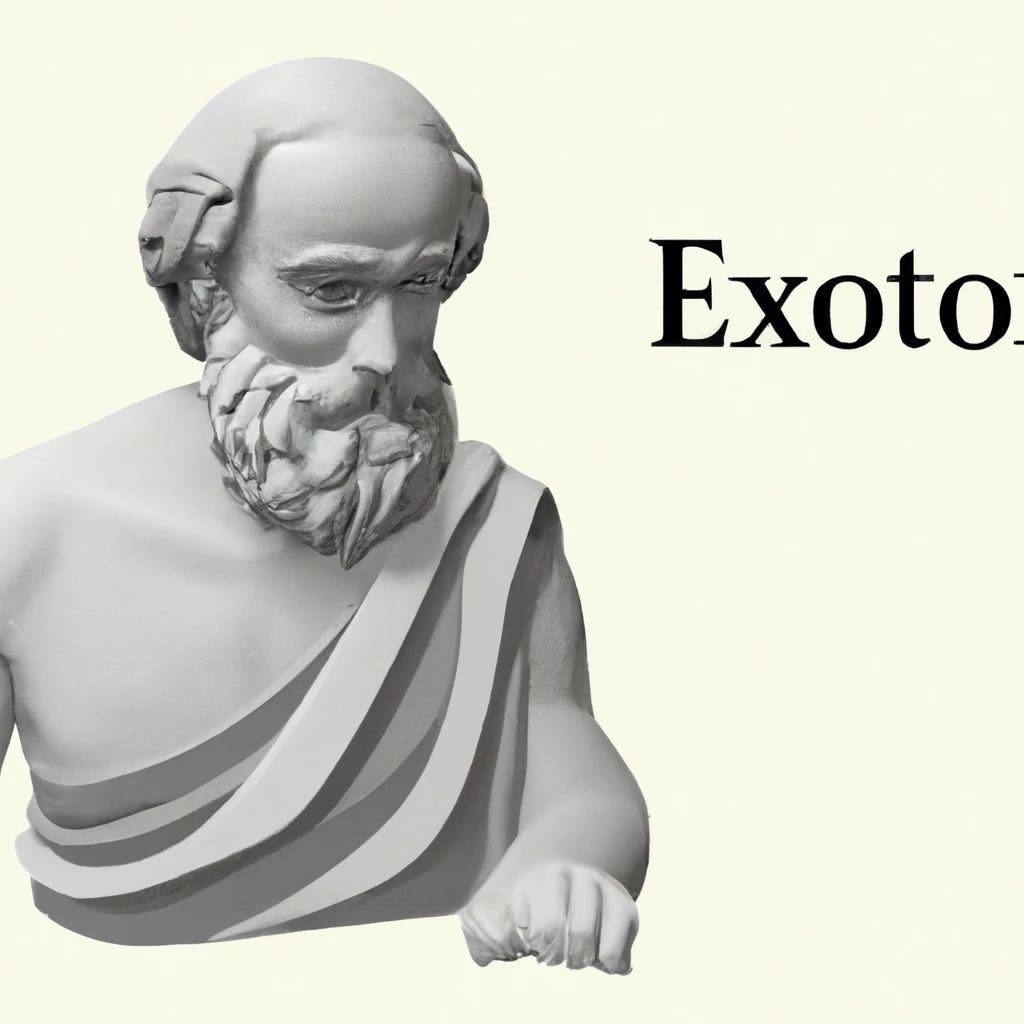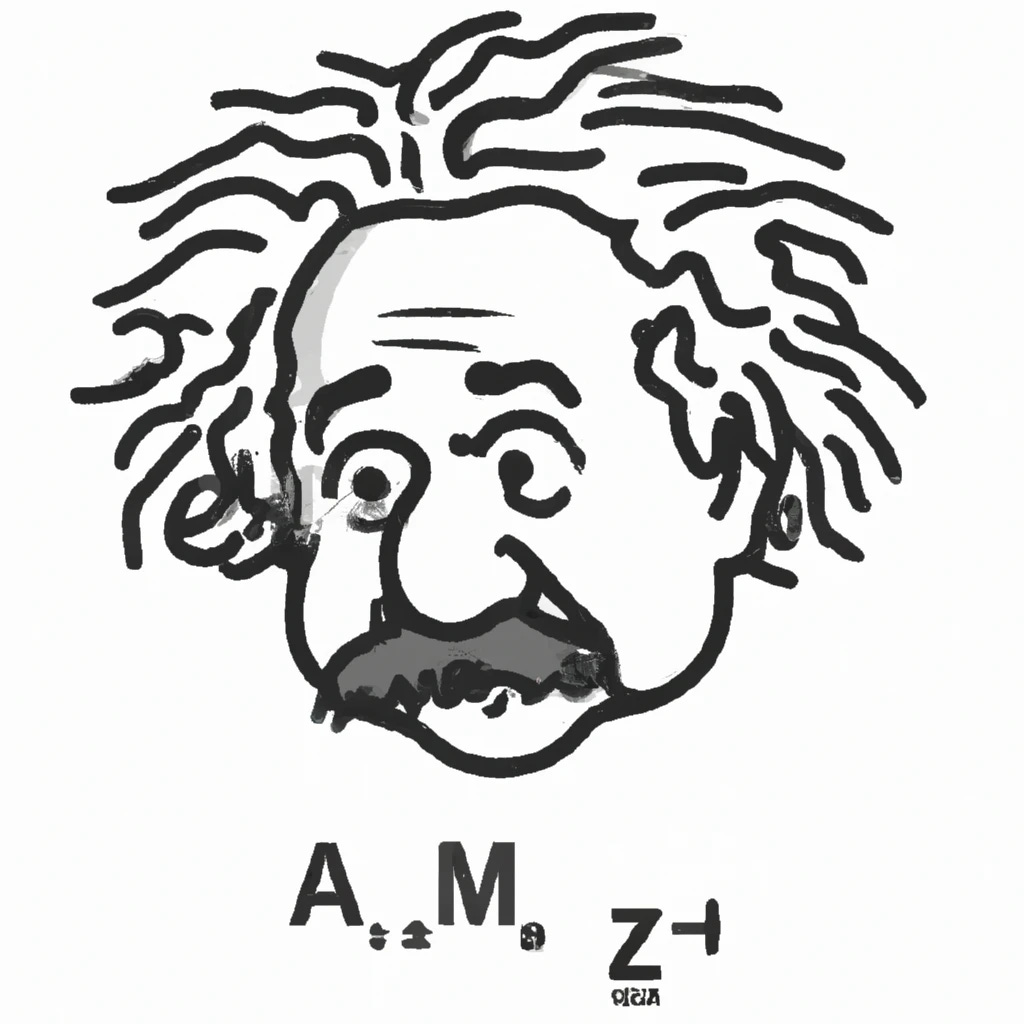Scepticism Means Taking Freedom Seriously
That Contemporary Western Culture Has Lost Its Way Is Most Strikingly Illustrated By The Negative Connotation Acquired By The Term Sceptic.
Hostility to the sceptic is encouraged by the conformist turn of the West
In recent times the word sceptic is frequently used as a term of abuse to condemn people who have failed to conform to prevailing norms. During the Covid Pandemic, anyone who questioned the different policies advocated by Lockdown enthusiasts was invariably denounced as a Covid sceptic. Like the Climate sceptic or the Eurosceptic, those who are sceptical of what public health officials demanded during the Covid Pandemic are portrayed as dangerous and malevolent individuals who must be condemned for the threat they pose to society.
These days the term sceptic often conveys evil connotations. Invariably, the sceptic is represented as not just wrong and ill-informed but also an opponent of science. Frequently, the highly charged and intemperate rhetoric directed against scepticism signals that those who hold sceptical views are morally inferior, dangerous, corrupt individuals. Adopting the practice of medieval heresy hunters, people are warned about the dangers of being fatally misled by the words of the sceptic.
According to the high-tech heresy hunters of our time, scepticism runs in parallel with the post-truth political outlook of what they describe as the alt-right. One Cambridge academic, David Runciman, asserted that ‘not all climate sceptics are part of the “alt-right”. But everyone in the alt-right is now a climate sceptic. That’s what makes their politics so toxic’. The coupling of alt-right and climate sceptics has the effect of de-legitimating both. Others go beyond Runciman and represent the motive driving scepticism as a conscious attempt to distort reality through perverting the truth.
Not all opponents of scepticism go so far as to deny the validity of questioning the prevailing norms. A commentator in Vox says the problem is with the contemporary version of scepticism, the ‘new scepticism’. This writer of The Dangers of New Scepticism acknowledges that ‘well-intentioned’ attempts to grapple with ‘complicated topics’ is an Ok form of scepticism. However, it warns that it ‘it can also be a front for deniers and conspiracy theorists’ who intentionally ‘sow mistrust’ and transform ‘doubt into hesitancy, and even denial’. From this standpoint, scepticism might have been acceptable in the past, but today it represents a danger to society.
With so much hostility directed at scepticism, it is easy to overlook its importance as an orientation to the world that stimulated philosophy’s refusal to accept dogma. Scepticism, with its commitment to questioning prevailing assumptions, was also essential for the development of science. That is why in the modern era, the legacy of the Enlightenment, the development of scientific thought and technology created a culture that was hospitable to the questioning of dogma and welcomed the sceptical mind.
What is scepticism?
When scepticism is routinely condemned as a morally corrupt force for evil, it is important to clarify what it means, what it stands for and why we should uphold the ethos it promotes.
Although there are numerous variants of scepticism, as a philosophical orientation, it represented a challenge to the all-too-human proclivity for embracing dogma. For the ancient Greeks, scepticism was not about not believing or denying a particular proposition.
The genuine sceptic rarely claims to know that a particular proposition is wrong and, therefore, cannot counsel disbelief. To the ancient Greeks, scepticism meant inquiry. Scepticism is motivated by a complex range of motives, but it is underpinned by the belief that the truth is difficult to discover.
When Socrates explained that he was the wisest man in Athens because he knew he was ignorant, he pointed to the need for understanding that one's ignorance was the point of departure for a rigorous search for the truth.
Never take a knowledge claim for granted was the spirit driving the philosphy of the ancient Greeks.
The defining attitude of the sceptic is the suspension of judgment. A sceptic is someone who has not decided or is not in a position to decide.
The act of suspending judgment need not mean a commitment not to judge.
It can mean the postponement of judgment while the sceptic continues to inquire into the problem. Unlike doubt, which involves a negative judgment, scepticism represents a form of prejudgment. It is opposed to dogma and the attitude of unquestioned certainty.
In some instances, the suspension of judgment can represent an act of evasion. But the suspension of judgment can be a prelude to a commitment to explore further in pursuit of clarity and truth.
Scepticism, like any good idea, should not be pursued dogmatically. Scepticism need not give up on the idea of knowledge. Scientific research can make important discoveries without insisting that it has discovered The Truth. A sceptical sensibility accepts the results of such research as probable while being open to the possibility that it might have to be modified and even rejected. This potential for developing knowledge without claiming certainty is crucially important in today’s distinctly uncertain world. This is important for the development of science – and it is essential for the flourishing of democratic public life. There can be no freedom of thought without the right to be sceptical. This is why the demonisation of the sceptic today does not simply reflect a tendency towards polemical excess – it is also an attack on human inquiry itself.
Because society is continually confronted with the ossification of its insights and the power of taken-for-granted truths, it needs sceptics to encourage intellectual life to question its assumptions and yield to new experiences. Contemporary society is no less drawn towards constructing dogma than previous ones. Indeed, the tendency to morally condemn scepticism inadvertently signals the importance of this philosophical view for the present era. Yet we have no choice but to live with our doubts. The antidote to our obsession with certainty is a regular dose of scepticism.
The words of the 16th-century philosopher and one of the founders of the scientific method, Francis Bacon, on the relationship between scepticism and uncertainty are no less true today than in his time. He argued that ‘if a man will begin with certainties, he shall end in doubts; but if he will be content to begin with doubts he shall end in certainties’.
A sceptical attitude is particularly important in the present circumstances. During a very perilous moment, when humanity is confronted with supposedly existential threats like pandemics, energy crisis, climate change and geo-political conflict, there is a temptation to close down debate and limit opportunities for the exercise of free speech. In such circumstances, dissident views can easily be caricatured as a threat to people’s health. To some, it also seems that when confronted with a pandemic, society cannot afford the luxury of a debate. Yet it is precisely during an emergency like the Covid Pandemic that free speech becomes indispensable for dealing with this situation. Harnessing the creativity and wisdom of the public requires freedom of speech.
It is, therefore, not surprising that attacks on free speech, cancelling people with dissenting views and waging a rhetorical war against scepticism reflect the spirit of our times. The Western world is overwhelmed by a fatalistic conformist mood and finds it difficult to take the spirit of scientific inquiry and freedom of debate seriously. This world feels uncomfortable with those who question the prevailing consensus – be it on climate change, public health or multiculturalism.
We need to remind ourselves of Einstein’s words, who stated:
‘The important thing is not to stop questioning. Curiosity has its own reason for existing. One cannot help but be in awe when he contemplates the mysteries of eternity, of life, of the marvellous structure of reality. It is enough if one tries merely to comprehend a little of this mystery every day.’
Back in the 19th century, the English biologist Thomas Henry Huxley argued that for him, ‘scepticism is the highest of duties; blind faith the unpardonable sin’. Today we must continue to uphold the legacy of scepticism since our freedom depends on refusing to accept any demands that restrict the right to question everything.
Once the word scepticism is used as a term of abuse you know that society is in big trouble.
PS
I enjoy working on this Substack because it helps me to develop and clarify my ideas. I hope that reading Roots & Wings makes you think. As soon as I completed my research for my next book I will organise some interactive zoom sessions with you. Looking forward to our discussions.







